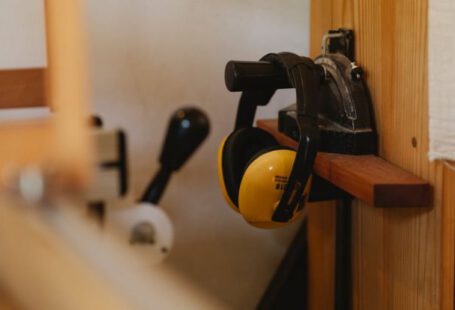In the world of technology, cheap PCs have become a popular choice for many individuals looking for an affordable way to access the digital world. However, these budget-friendly computers often come with their fair share of problems that can hinder their performance. One intriguing question that arises is whether soldering could be the solution to fixing common issues in cheap PCs. Let’s delve into this topic and explore the possibilities that soldering presents for improving the functionality of these budget devices.
**The Promise of Soldering**
Soldering, the process of joining two or more metal components together using a filler metal, has long been used in electronics manufacturing and repairs. When it comes to cheap PCs, soldering holds the promise of addressing some of the most common problems that plague these devices. From loose connections to faulty components, soldering can potentially provide a cost-effective solution to enhance the performance and longevity of budget computers.
**Addressing Loose Connections**
One of the primary issues that cheap PCs often face is loose connections, which can lead to intermittent connectivity problems or even complete device failure. Soldering offers a practical way to secure these connections and ensure a stable electrical flow within the computer. By reflowing solder joints or adding additional solder where needed, individuals with basic soldering skills can effectively address these connectivity issues and restore the functionality of their budget PCs.
**Repairing Faulty Components**
Inexpensive computers are more likely to experience component failures due to the use of lower-quality materials or manufacturing processes. When a crucial component, such as a capacitor or resistor, malfunctions, it can result in system instability or complete breakdown. Soldering provides an opportunity to replace these faulty components and revive the PC without incurring the high costs associated with professional repairs or component replacements. With the right tools and techniques, individuals can identify and replace defective parts, extending the lifespan of their cheap PCs.
**Improving Thermal Management**
Another common problem in budget computers is inadequate thermal management, leading to overheating and reduced performance. Soldering can be used to enhance thermal dissipation by applying thermal pads or replacing thermal paste on critical components such as the CPU or GPU. By improving heat transfer within the system, individuals can prevent thermal throttling and maintain optimal performance levels in their cheap PCs. Soldering also enables the installation of additional cooling solutions, such as heat sinks or fans, to further enhance thermal efficiency and prolong the life of the computer.
**Customizing and Upgrading**
Soldering opens up a world of possibilities for customizing and upgrading cheap PCs to meet individual needs and preferences. Whether it’s adding extra ports, upgrading memory modules, or installing a faster processor, soldering skills empower users to tailor their budget computers to suit specific requirements. With the ability to solder components directly onto the motherboard or expansion slots, individuals can unleash the full potential of their cheap PCs and transform them into capable and personalized computing devices.
**The Verdict on Soldering for Cheap PCs**
In conclusion, soldering presents a viable solution for addressing common problems in cheap PCs and unlocking their full potential. From fixing loose connections and repairing faulty components to improving thermal management and enabling customization, soldering offers a cost-effective and practical way to enhance the performance and functionality of budget computers. With the right tools, skills, and techniques, individuals can breathe new life into their inexpensive PCs and enjoy an improved computing experience without breaking the bank. So, the next time you encounter issues with your cheap PC, consider picking up a soldering iron and exploring the possibilities that this versatile tool can offer.





